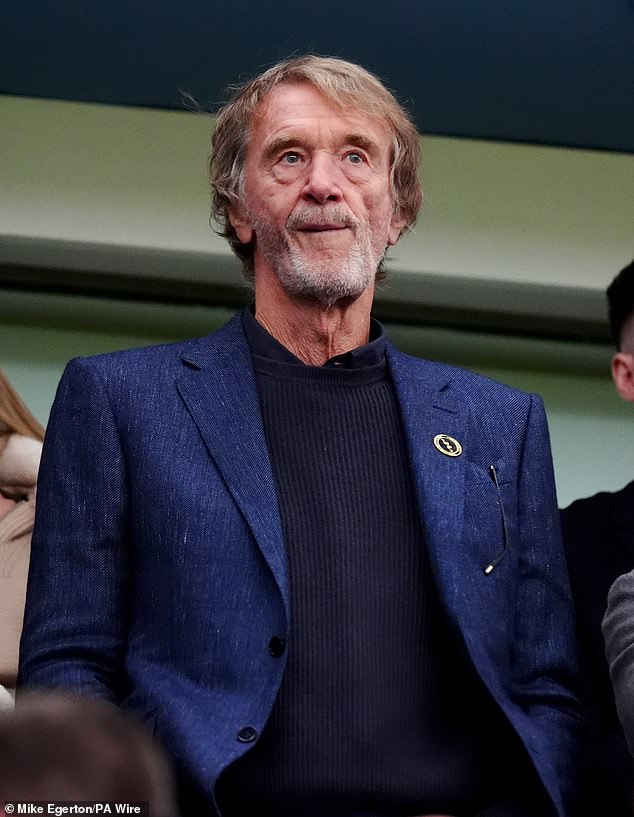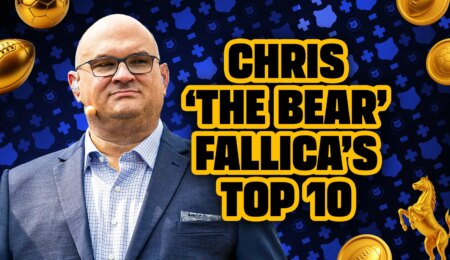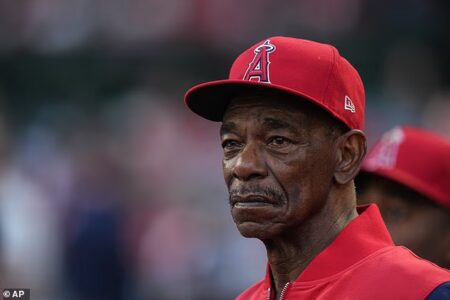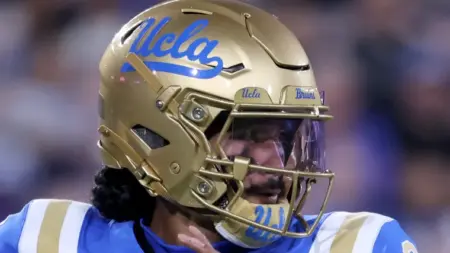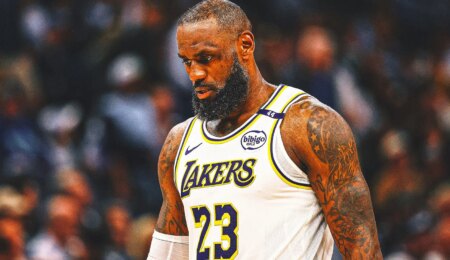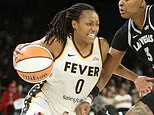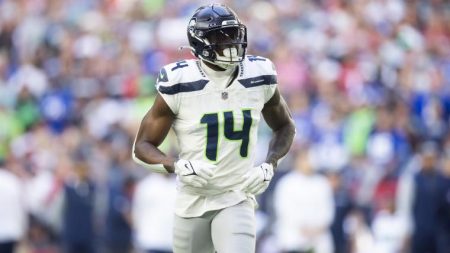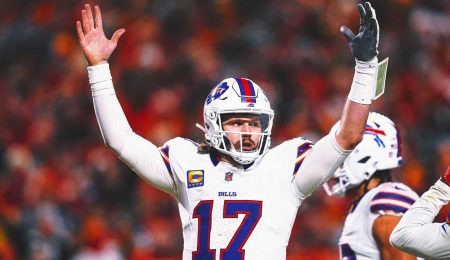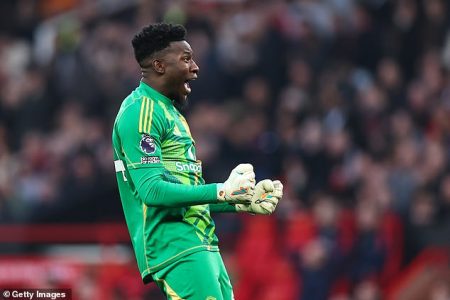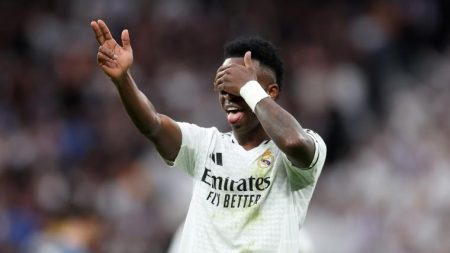Sir Jim Ratcliffe: A Cost-Cutting Visionary at Manchester United
Sir Jim Ratcliffe, the British billionaire and part-owner of Manchester United, has drawn comparisons to Elon Musk, the world’s richest man and notorious tech mogul. Ratcliffe’s Ineos company purchased a 27.7 per cent stake in Manchester United for £1.25 billion last year, allowing him to gain control over operations from the unpopular Glazer family. Since taking the helm, Ratcliffe has embarked on a significant restructuring at Old Trafford, implementing several cost-saving measures. These strategies, while often viewed through a lens of financial pragmatism, have not been without controversy. For instance, Ratcliffe has planned to make more than 100 staff redundant following the culling of around 250 employees last year. Additionally, he has downsized ambassadorial roles, increased ticket prices, and terminated Sir Alex Ferguson’s £2 million-a-year consultancy role. These actions mirror Musk’s approach to cost-cutting and resource reallocation, which has been particularly evident in his handling of Twitter, now known as X.
Revenue Generation and Cost Control: A Dual Strategy
Professor Rob Wilson, Director of Executive Education at the University Campus of Football Business, provided insight into Ratcliffe’s strategy by drawing parallels with US ownership models and Musk’s investment methodology. Wilson noted that US owners, like the Glazers, often prioritize revenue generation through large sponsorship deals and commercial partnerships. "What did the Glazers do? They’ve tried to ramp up revenue as much as they possibly could," Wilson explained. "They put an army of people behind that to ensure big deals with companies like Snapdragon and TeamViewer, as well as long-standing agreements with Adidas and Nike." However, Ratcliffe’s approach is somewhat different. While he also focuses on revenue, his initial emphasis is on cost control, a tactic more in line with British investment practices. This dual strategy of cutting costs and optimizing revenue is crucial for Ratcliffe’s vision for Manchester United, which aims to free up more funds for the first team.
Musk’s Influence on Ratcliffe’s Approach
Elon Musk’s acquisition and subsequent management of Twitter serve as a stark example of Ratcliffe’s approach. Musk, whose net worth is estimated at $397 billion (£318 billion), bought Twitter in 2022 and immediately fired several top executives, including CEO Parag Agrawal. He then renamed the platform X, introduced a monthly fee for a ‘blue check’ verification, and executed widespread redundancies. Wilson believes that Ratcliffe’s practices at Manchester United are akin to Musk’s, particularly in the realm of cost-cutting. "Elon Musk is slightly different because his acquisitions that we’ve seen, particularly at Twitter or X, is that he goes in after the cost cutting because his investment methodology is more akin to what we would see with a British investor who looks at costs first," Wilson highlighted. Ratcliffe’s strategy is to streamline operations and reduce expenses, allowing more financial resources to be allocated to enhancing the team’s performance.
The Redundancy Plan: A Tough but Necessary Decision
One of the most significant cost-saving measures Ratcliffe has undertaken is the planned redundancy of more than 100 Manchester United staff. This follows the culling of around 250 employees last year, a move that has not been well-received by the club’s fans and staff. While the decision may be tough, Wilson argues that it is necessary for the club’s long-term financial health and sporting success. "Sport sponsorship is expensive, and it’s clear that the United project is bigger than anyone expected," Wilson said. "It’s a crown jewel asset though, and single-handedly will provide benefits more significant than the sum total of the other sports properties if they turn the tide with United’s sporting performance." By reducing operational costs, Ratcliffe aims to ensure that the club can invest more strategically in areas that will directly impact its performance on the pitch.
The All Blacks Controversy: A Symptom of Broader Changes
Ratcliffe and Ineos have also been embroiled in a legal dispute with the New Zealand rugby team, the All Blacks. The All Blacks are suing Ineos for failing to pay the latest instalment of a £22 million six-year sponsorship deal that began in 2021. In response, Ineos claimed that the decision to withdraw sponsorship is due to the ‘deindustrialisation of Europe.’ Wilson suggests that this controversy may be linked to the broader restructuring at Manchester United. "I’m wondering if the sporting strategy has been to build a stable to improve awareness and legitimacy to go after a tier one asset, Manchester United," Wilson theorized. "My theory is that it’s all linked to Manchester United in one way or another. They will also be reviewing the impact of the deals they have and maybe NZ simply didn’t deliver what they’d expected." This suggests that Ratcliffe is reassessing all his investments and partnerships to align them with the primary goal of revitalizing Manchester United.
The End Goal: Revitalizing Manchester United
Ultimately, Ratcliffe’s financial and operational decisions are driven by the goal of revitalizing Manchester United. Wilson believes that the club’s success is paramount, both in terms of its sporting performance and its financial health. "You don’t put your top team in there for nothing," Wilson emphasized. "The crown jewel asset, if managed correctly, will provide significant benefits that can outweigh the costs and disruptions of the current restructuring." By focusing on cost control and strategic revenue generation, Ratcliffe aims to position Manchester United for a return to its former glory. While these measures may be controversial in the short term, they are viewed as essential steps in a longer-term plan to ensure the club’s sustainability and success in the highly competitive world of football.
Balancing Financial Prudence and Fan Sentiment
The ongoing restructure at Manchester United underscores the delicate balance between financial prudence and fan sentiment. Ratcliffe’s cost-cutting measures, while necessary for achieving long-term stability, have not been without backlash. Fans, already wary of the Glazers’ management, are concerned about the impact of these cuts on the club’s culture and performance. Wilson acknowledged the tension, stating, "It’s a tough period for everyone involved, but these decisions are crucial for the club’s future. The aim is to free up more money for the first team, under the guidance of manager Ruben Amorim, to ensure that Manchester United can compete at the highest levels once again." The challenge for Ratcliffe and Ineos is to navigate these changes in a way that reassures supporters while achieving their financial and sporting objectives.

